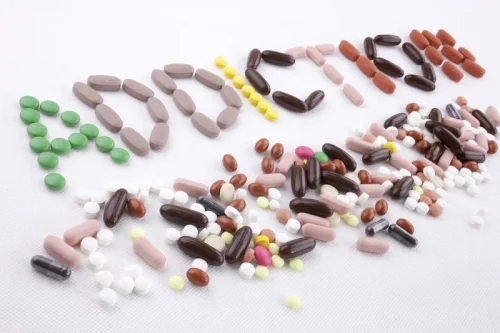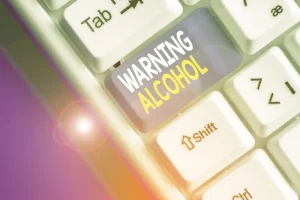
Likewise, some tools focus on a single dimension [93] or use a single question [94], which limits their ability to capture the complex and multifaceted nature of SIL. When you’re going through an inpatient addiction treatment program, you have people around you to help support your efforts; once you leave the treatment program, however, you might feel isolated again. Because loneliness is often tied to mental health issues such as depression and anxiety, ongoing therapy during and after treatment might be useful for your overall mental well-being. Other studies among younger populations also described how young people with experiences of being unhoused and coping with SIL are significantly different than their housed counterparts and older adults.
- Some support services may be delivered in a virtual format, including individual therapy and wellness check-ins after leaving a treatment facility.
- The full-text of the articles that met our eligibility criteria were then assessed by two independent reviewers.
- As previously mentioned, your life has likely been completely uprooted through getting treatment for addiction and removing your previous toxic circle.
Reach Out to Your Support System
- Follow the tips outlined in this article to start overcoming extreme isolation and loneliness.
- We leave nothing to guesswork as we utilize therapeutically proven, evidence-based clinical practices.
- Our therapy options include EMDR, trauma therapy, group therapy, family therapy, adventure therapy, art therapy, equine therapy, meditation, and yoga therapy.
- You may struggle with feelings of loneliness and boredom as you search for new ways to spend your time and connect with others.
- Remember, no one is alone in this journey, and seeking professional help is a powerful way to take control of your life.
If you’re curious about a finding a sponsor, ask anyone at an AA or NA meeting, click the link above, or talk to your therapist or counselor. Once you have a sponsor, they should be the first number on speed dial in your phone – and you should use that number often. When we’re very young, our parents or primary caregivers handle our loneliness for us.
Beware These 5 Myths About Addiction and Recovery

This is an important one for people in recovery, and often filled with its own set of challenges. If you spent a significant amount of time in active addiction, you may have caused harm in your primary relationships. Your behavior may have damaged our relationship(s) with your parents, siblings, or children. If it has, work with your therapist, loneliness in recovery counselors, and recovery peers to formulate a plan to make amends and rebuild those relationships. But that leaves them lonely, without their primary coping mechanism – alcohol or drugs – and without the social network that used to make them feel connected. It’s an opportunity to reconnect with yourself, your thoughts, and your feelings.

How to Handle Loneliness: Our Ten Best Tips

The intersection of SIL with identity-related factors indicates that care and social services may be insufficiently trained and equipped to address the unique challenges faced by different demographic groups [98, 99]. Among the quantitative studies, only 8 reported direct associations between SIL and health status or outcomes (See Table 3). All of these studies utilized cross-sectional analyses and only one [56] used health administrative data to ascertain health outcomes. Additionally, some studies also examined social distress indicators such as sleep patterns [85], and experiences with eviction [67] or readmission to housing programs [55].
- Your behavior may have damaged our relationship(s) with your parents, siblings, or children.
- At Fountain Hills Recovery, we specialize in treating mental health, addiction, and substance use disorders.
- From workplace relationships to friendships and social relationships all the way to familial relationships, interactions were severely limited.
- First, it’s important to accept the things you’ve done rather than hide from them.
Individuals in recovery often deal with psychological withdrawal symptoms like depression, anxiety, and feelings of worthlessness. Loneliness exacerbates these emotional states, thus making your recovery more difficult and https://ecosoberhouse.com/ increasing the risk of relapse. At New Method Wellness, we want to support our clients through every aspect of addiction recovery. That’s why our addiction therapy programs span a wide range of methods and approaches.

- Our residential treatment program helps clients overcome daily triggers and develop essential life skills.
- Learning new things is a great way to keep busy when you have nothing to do.
- If that’s the case, you may be able to connect with your group digitally.
- Drinking this much can reduce the feelings of being intoxicated until people seek more alcohol.
